|
By Manuel Players: 1 Platforms: Nintendo Switch, XBox, PlayStation 4, PlayStation 5, PC Visual novels on VR platforms seems like an interesting concept, and it's one that developer My Dearest has taken a shot at several times. I can't say for sure if all their games were the result of crowd-funding, but I do know that their first, Tokyo Chronos, was. The game released back in 2019, and exceeded all expectations. It also launched a loosely connected series that has been ongoing on VR platforms and PC. It's been several years since those uncertain beginnings, and the first two games developed by My Dearest, Tokyo Chronos and Altdeus: Beyond Chronos, are available now on all major consoles. We're going to be taking a look at the Nintendo Switch version of the two-game package today, but I'm sure that it'll be indicative of all the other versions as well. There's a lot to go over in this one, so let's dive right in! As far as I know, Tokyo Chronos and Altdeus: Beyond Chronos are only available as a two-game set on consoles. They can be purchased individually on PC and VR platforms, but I can't find solo listings for them elsewhere. That's not really the most important aspect of this release, but it's one I felt worth getting out of the way first. I'm going to review each game separately, but they do share some similarities that I'll mention now. Both game have limited controls and in-game options, but that's mainly due to the simplistic nature of visual novels in general. Both games are also highly replayable, with Tokyo Chronos unlocking more chapters after you complete it the first time, and Altdeus: Beyond Chronos having an in-game map of sorts that marks what scenes you've seen. You rarely have to worry much about actual gameplay in either, but Altdeus: Beyond Chronos does have a few notable action scenes. Also, these games have a very loyal fandom, but I guess that makes sense when you factor in the crowd-funding origins. I only mention the loyal fandom as it was something I stumbled upon while researching the game, and I'm sure you will too if you choose to dig deep online. Lastly, and this is probably the most important part, these games are not direct sequels of each other. They share a developer, and some over-arching plot elements, but they are each standalone games. I mention this mainly to let first-time players know that they can tackle either game first, or simply play one and not the other. The world is your oyster, and you can play this game however you choose. With that out of the way, let's get into the games themselves. Tokyo ChronosTokyo Chronos places you into the role of high school student Kyosuke Sakurai. One day he wakes up to find himself all alone in a world that seems very much like Tokyo's Shibuya district, but one that's close to being completely empty. After an encounter with a stranger who claims to know both him and his friends, Kyosuke makes his way to an eerily empty Shibuya Crossing where his friends eventually show up. I say "friends", but we soon learn that this is a friend group who hasn't associated with each other in quite some time. At one point they were a Scooby Doo like gang, solving local mysteries and crimes, but they've drifted apart for reasons they can't remember. Upon reuniting they all realize that they have no idea how they got there, and that they seem to be trapped in their current surroundings. Just as they are getting their bearings, a message suddenly appears on a giant monitor. "I am dead. Who killed me?" suddenly appears, and the group begins to wonder what this could possibly mean. They don't know who the dead one could be, and they especially don't want to start seeing their friends as potential killers. No matter their feelings, they are trapped in this place until they find the culprit. What is this place you ask? It's a "Chronos World", and what exactly that means is something I'll leave for the game to explain further. The plot expands from those strange beginnings, and the stakes ramp up as the suspicions creep in. That's all I'll outline here though, as I want to leave out the finite details for fear of going into spoiler territory. It probably isn't surprising that I think that the best aspect of Tokyo Chronos' would have to be its story. It's one of the strangest tales I've ever experienced, and it left an impression on me that's lasted long after I finished the game. If I had to compare it to something, that something would probably be Danganronpa. This game has far more serious overtones, but that would be a decent similarity for those who are looking for one. It also gives off Twilight Zone vibes in all the best ways, and could very well be adapted into an extended episode of sorts. It does have a few light-hearted moments, but you always know that they won't last long. The story doesn't let up one bit, and it's paced rather quickly to boot. The game's chapters quickly go into the next, and the game features a run-time of about 6-8 hours to get a full experience. My only true complaint about the plot delivery would have to be the fact that it takes two playthroughs to get the full story. The first run is shorter and ends in a very confusing way, and it's the second run that actually feels complete, but it's only available after clearing the first. You may still want to play the game again to see it all, but those two playthroughs will probably suffice for most people. Also, since this is a visual novel, there are some choices to be made. These choices aren't really in the form of dialogue though, and usually represent branching paths of the game. They do up the replayability, but I wish there was a bit more interaction with the way the plot progresses. I purposely refrained from going too deep into the cast earlier, but they're really what drives the game forward. Kyosuke himself seems to be a generic protagonist, but that changes towards the end of the first run. Yuu Momono is Kyosuke's childhood friend, and a character that is easy to fall in love with. Yuria Togoku is the genius of the group, and the one who ultimately determines that they're trapped in a Chronos World. Sota Machikoji is the carefree tough guy of the group, and seeks to keep peace between the friends as they bicker. Sai Kamiya, Tetsu Kageyama, and Ai Morozumi are sort of like their own clique within the larger friend group, and Kageyama is the one who actually takes on the leadership role. Meanwhile Karen Nikaido, and the very mysterious Lowe, seem central to the mystery in ways that take quite a while to figure out. The group of characters are all great, and you'll come to care about all of them. They also feature excellent character designs, even if they do seem a bit over-the-top at times. Since I just mentioned visuals, I guess this is a good place as any to also mention that the game has some fairly impressive graphics, even though there isn't much in the way of animation. This is a visual novel through and through, with character movement only coming in the form of shifting models between scene fades. It makes one wonder why the developers bothered with a 3D world if they were just going to lock them into still images, but it was an interesting aesthetic nonetheless. It does make for an odd gameplay experience, but you can at least say it's unique. There are times when it's painfully clear that this game was originally created for VR devices. The framing is probably the biggest giveaway, but the simple controls and gameplay are telltale signs too. Despite that, there are also elements of the game that feel like they'd have made for a rather simplistic game that might as well have always been on consoles and PC. You're never allowed to move freely, and you can only move the camera in a limited way. You're rarely able to turn fully around, and the ability to look around during dialogue scenes is pointless since nothing is really moving during them. There's also practically no gameplay to be found in Tokyo Chronos. You do occasionally grab items, and there are the simplest of puzzles here and there, but there were long stretches where I felt that this was simply a kinetic novel. There's also an odd lack of music in the game. There is voice acting throughout, and the performances are all great, but that's pretty much the only sound you'll ever get in-game. I messed with the settings and cranked the volume on my TV to see if there was anything I was missing, but most of the game is accompanied by generic atmospheric sounds that I guess can slightly qualify as music. There are some dramatic moments where actual music tracks kick in, and there are some awesome vocal songs too, but the soundtrack is very lacking, to the point of being almost non-existent. Even though Tokyo Chronos has a story that kept me wanting for more, I couldn't help but wonder why it had to be a video game at all, let alone a VR one. This plot probably would've been better delivered as an anime, an audio drama, or even a kinetic visual novel. The lack of gameplay, character animations, and music are all hard to overlook, especially when the game is so highly praised online. I find it far from perfect, but I have to admit that I still feel that it's worth playing. The plot goes places I wasn't expecting, and I'm sure it will draw you in just as it did me. I just hope that later games in the series (if one can call it that) do better in all the places this one was lacking, but I guess we'll find that out soon. Rating: A- Altdeus: Beyond ChronosAltdeus: Beyond Chronos (Which I'm simply going to refer to as "Altdeus" from here on.) is the follow-up to Tokyo Chronos, but it isn't really a sequel. The game takes place in the late 23rd century, two hundred years after the arrival of giant alien beings known as "Meteoras". These Meteoras wreaked havoc on humanity, and drove the remnants into underground cities, like the one found under what used to be Tokyo. An organization named Prometheus has been set up to fight the Meteoras, and their main line of defense are giant robots known as "Makhias". You take on the role of Chloe, a manufactured human who is a pilot of one of these Makhias. Chloe follows her orders to a fault, but there are some dark secrets within her past. Just a couple years before the start of the game, Chloe's friend Coco was killed by a Meteora. Coco was a blind and sickly girl, but the two shared a bond that went far beyond their relationship of bodyguard (Chloe) and daughter of a wealthy and powerful family (Coco). That event may have driven Chloe forward in her duties in destroying Meteoras, but that changes when a Meteora shows up that looks just like Coco. Complicating matters further is Chloe's AI companion, known as an AARC, who is modeled after Coco, but bears none of her personality. From there the plot explores the nature of Chloe's relationship with her superiors, with Coco, with her AARC Noa, and even the Makhias themselves. There is obviously a lot more I can discuss here, such as the fact that the underground city uses virtual AI layers that mask its true barren nature, but I'll leave most of that for potential players to discover on their own. While I think that Tokyo Chronos delivers a story that is far more digestible, I found Altdeus' plot to be more thought-provoking. The cast is a bit smaller this time around, but there's a lot more effort put into relationships and world-building. This isn't a creepily empty Shibuya, instead it's a post-apocalyptic world that feels very real. There is more to sink your teeth into this time around, and the only real complaint I can even scrape together is the fact that there are very few ties to Tokyo Chronos. As I said before, this isn't so much a sequel, even though the title and pairing of these games may imply otherwise. Beyond a few references here and there, it's simply the next game from developer My Dearest. Lack of series continuity aside, I do feel like this is the better game overall. I know I have yet to discuss gameplay elements, and I will get to those, but I think we can all agree that its story that can make or break a visual novel. Not only is the one featured here well-written and powerful, but it doesn't have the clunky delivery found in Tokyo Chronos. The sci-fi vibes might put off some, but there's an epic tale here if you're willing to give it a chance. I'm pleased to report that there is also far more gameplay features in Altdeus, even though it's still rather limited due to the genre the game is in. This time around there are plenty of points where the player can directly shift the flow of the plot, even if they are a bit less earth-shattering when compared to those found in the first game. These shifts come from dialogue choices, and each of them actually show stats that give you a hint as to how a character will react. Though this is a really neat mechanic on the surface, I began to wonder what most of it really meant. Besides the fact that the stats the choices references are never really shown anywhere in-game, there is also the choices themselves that can seem very vague. You're not so much picking what Chloe will say next, you're picking how she will say it. This unclear aspect of the mechanic meant that I was often upset when Chloe said or did something that I didn't want her too. Also, the game has no manual save system, so you're pretty much stuck with whatever choices you made. Thankfully a questionable choice here or there won't kill your current playthrough, but it does create confusion and annoyance where it wasn't needed. Part of me wants to applaud Altdeus for including more VR gameplay, but I can't help but feel that it comes off mostly as busywork. There are plenty of objects to interact with this time around, and a few more basic puzzles, but they all pretty much simply involve clicking on everything for flavor text, with that only stopping once you find the particular object that will advance the plot. This is still a standard visual novel for the most part, but these gameplay elements remind me more of a hidden object game rather than an adventure one. This isn't helped by the fact that clicking some objects will often advance things whether you want them to or not, so you might not even get to explore an area as much as you'd want to. Both Tokyo Chronos and Altdeus perform saves by scene, and not by wherever you choose to save manually. Actually, like I referred to earlier, Altdeus doesn't let the player save manually at all, it relies solely on autosaves. This not only means that you'll sometimes be dropped further back in the game than you might have wanted to if you end a session early, but it also means that you're not able to easily replay scenes you might want to do over. This does add something for you to do in later playthroughs, but it's an unfortunate side effect of the additional gameplay elements that this game added. I'd give the game a harder time with these sections, but the scenes within the Makhia are awesome enough that I'm willing to forgive other failings in the gameplay. They're mainly simple button press minigames (if you can even call them that), but they're one of the best parts of the game, and I'm sure they were even more impressive in VR. Even though there are times when I feel that Altdeus' world feels a bit too dry and plain, I still have to say that it's a big improvement over what's found in Tokyo Chronos. Characters still don't move freely, but they're actually animated this time around. This gives everything far more life, and doesn't have that same "shifting diorama" vibe to it. Character designs are all excellent too, and there's no describing how great the Makhia sections look without playing them yourself. Since this is a fully realized world, you're dealing with more than just high school students. This adds a level of complexity to things that simply couldn't exist in Tokyo Chronos. As far as camera controls go, you're given a full 360 view of things. You still can't move, but being able to fully turn around really opens things up. That said, I still think that the automatic positioning feels a bit off. Also, since there is a lot more action this time around, I should mention that the game runs perfect on the Switch, and there wasn't a single hiccup during my entire playthrough. There still is much room for improvement as far as later games in the series go, but the visuals do manage to transcend the standard visual novel fare, while still feeling perfectly balanced within the game itself. If there's one place where Altdeus truly excels, it would have to be in the sound department. There is actually music to accompany all sections of the game this time around, and all of it is good. It's a full soundtrack too, complete with melodic tracks, and it isn't just atmospheric nonsense. Not only that, but there are also several more vocal tracks this time around too. Noa and Coco both sing at various parts of the game, with Noa actually being something of an in-universe idol with songs you hear in several scenes. I always found myself wishing that said songs were louder in the mix, but that can be adjusted in game. This is all in stark contrast to the first game, where nearly everything plays out in silence. The voice acting is just as good this time around too, with the cast being made up of veteran voice actors. There's also an English-language option for those who care for such things. I switched to it out of curiosity, though I preferred to play mainly in Japanese for the purposes of this review. It wasn't really a tough job to improve on the first game's sound, but Altdeus really hit out of the park in this one. Seeing as the developers had the opportunity to see what worked and what didn't in Tokyo Chronos, it's no surprise really that Altdeus comes off as the better game. This feels like the start of a big franchise, and it's as epic as they come. I gave Tokyo Chronos a slightly reluctant recommendation, but I have no reservations at all when it comes to doing the same for Altdeus: Beyond Chronos. It's a rich and rewarding experience, and it features all the replayability of the first game while making subsequent playthroughs only feel necessary for those who wish to go deeper into the world of Altdeus. Rating: A With two long visual novels that have tons of replayability, this two game package feels perfectly priced at $49.99. Part of me wishes it was set a bit lower, or that each game were sold independently of each other, but this is still a great package nonetheless. Altdeus is honestly worth picking up on its own, but both games deserve a playthrough for fans of the visual novel genre. The light gameplay elements also make this a great game for casual players too. I know that My Dearest has released other games in this series, though I know very little about their specifics. It's my hope that this release is just the beginning, and that we get to see more double sets like this in the future. I guess we'll have to wait and see on that front, but I'm excited to see what the secrets the rest of the series holds. Until then, pick up Tokyo Chronos & Altdeus: Beyond Chronos now on whatever platform you can, and thank me later. See you in the next one! Check Out Tokyo Chronos & Altdeus: Beyond Chronos on Nintendo Switch: https://www.nintendo.com/us/store/products/tokyo-chronos-and-altdeus-beyond-chronos-twin-pack-switch/ Story: A+ Gameplay: A- Graphics: A Music/Sound: A+ (Altdeus)/ B (Tokyo Chronos) Value: B+ Overall: A Pros: + Both games feature deep stories that will stick with you long after you finish them. + The cast of characters in each game are all memorable, and they're brought to life by top-notch voice talent. + Though Tokyo Chronos features limited animations, there are excellent visuals and character designs throughout. + The soundtrack in Altdeus: Beyond Chronos is near perfect, and both feature standout vocal tracks. + Both games are highly replayable, with the player's choices directly affecting the flow of the game's story. + The Makhia (giant robot) sections in Altdeus: Beyond Chronos must be experienced first-hand to truly realize how impressive they are. + This two-game package is worth getting for Altdeus: Beyond Chronos alone. +/- Hopefully this release means more localized My Dearest games down the road. Cons: - There's very little actual "gameplay" to be had in either game. - Both games feature limited animation, with Tokyo Chronos feeling like it's made up of various diorama-like scenes. - Though the music in Altdeus: Beyond Chronos is amazing, Tokyo Chronos plays mostly in silence. - The heavy use of autosaves makes it hard to easily redo sections of either game. A copy of this game was provided to us free-of-charge by the publisher for the purpose of this review. This did not affect our review in any way. #ChronosTwinPack
0 Comments
Leave a Reply. |
Search
Contributors◆ Angie
◆ Emily ◆ J.D. ◆ Janette ◆ JT ◆ Manuel ◆ Nestor ◆ Rose ◆ Sylvia ◆ Teepu ◆ Tiffany ◆ Winfield Archives
June 2025
|
© 2014-2025 A-to-J Connections. All Rights Reserved.

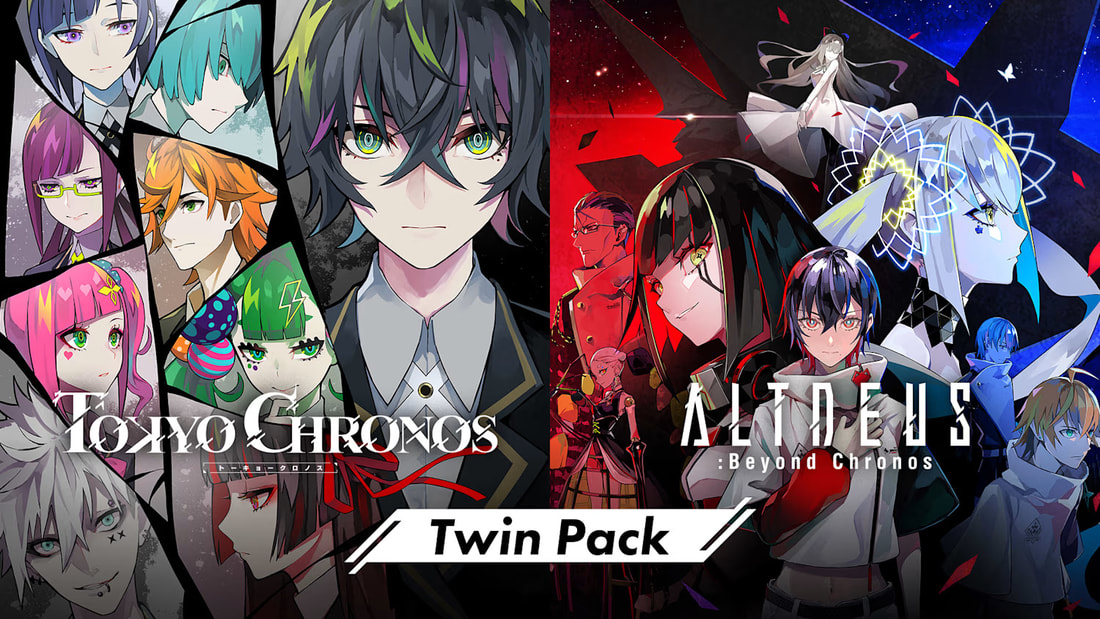
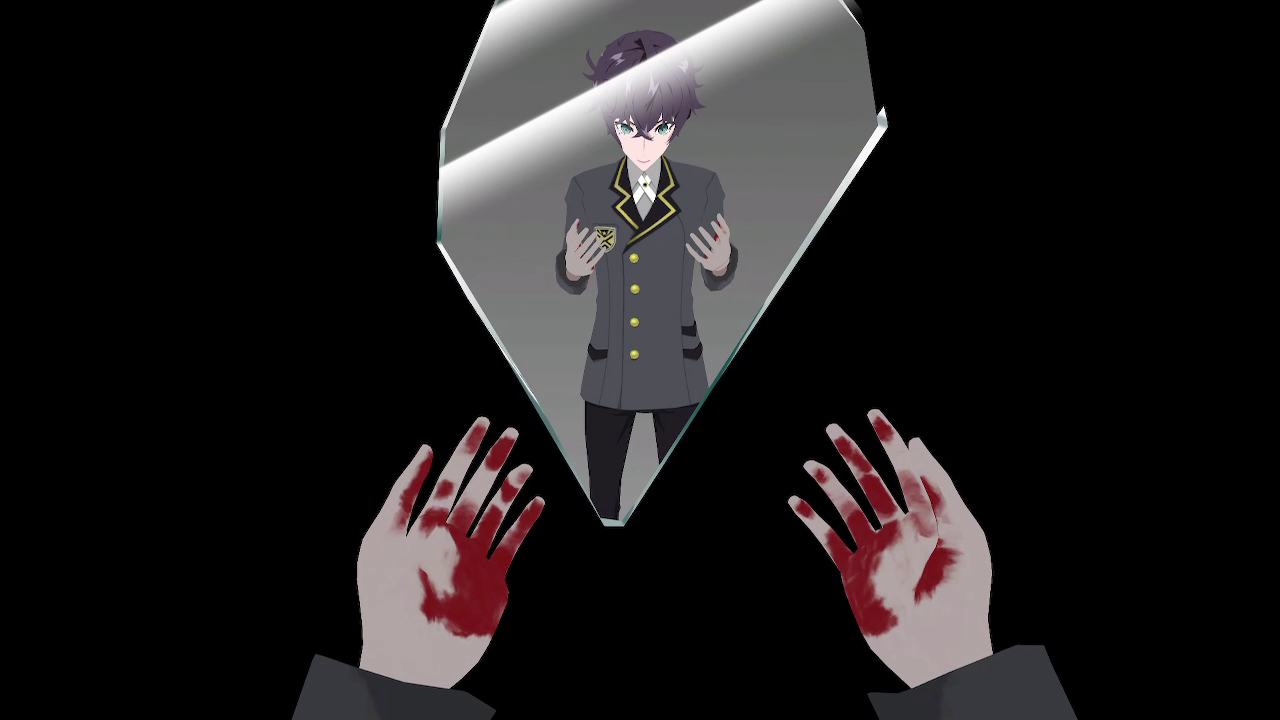
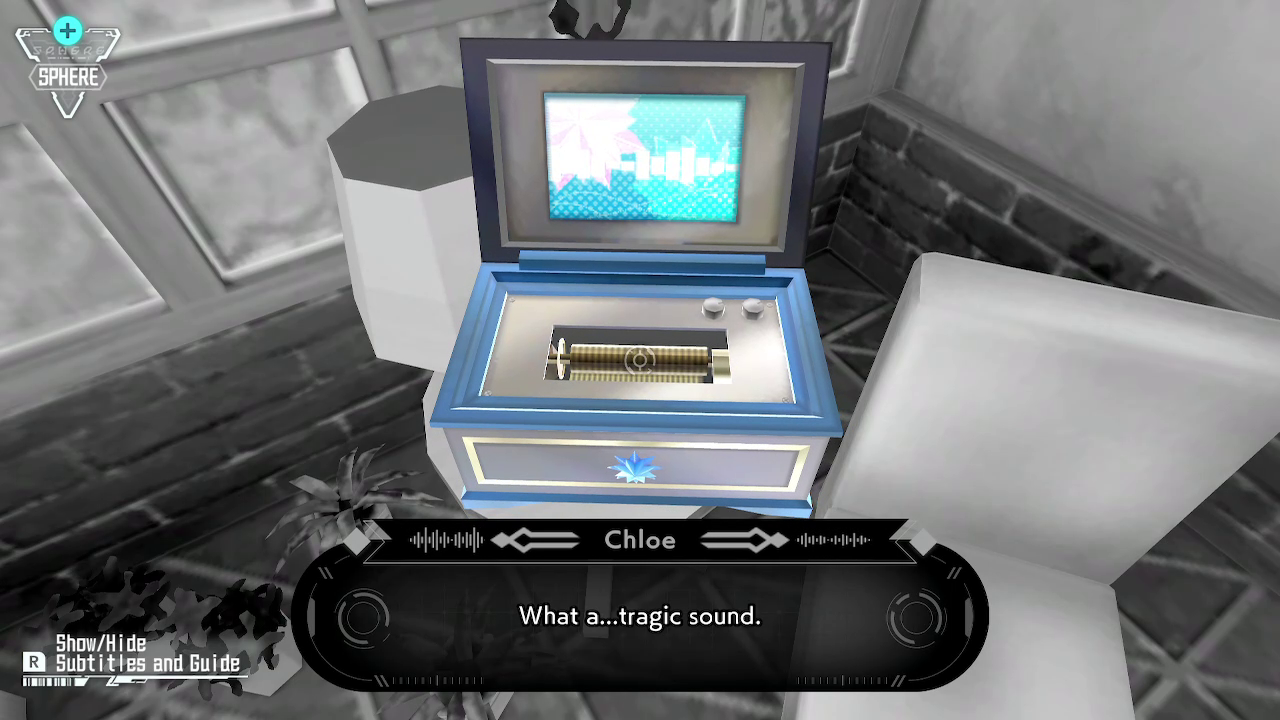
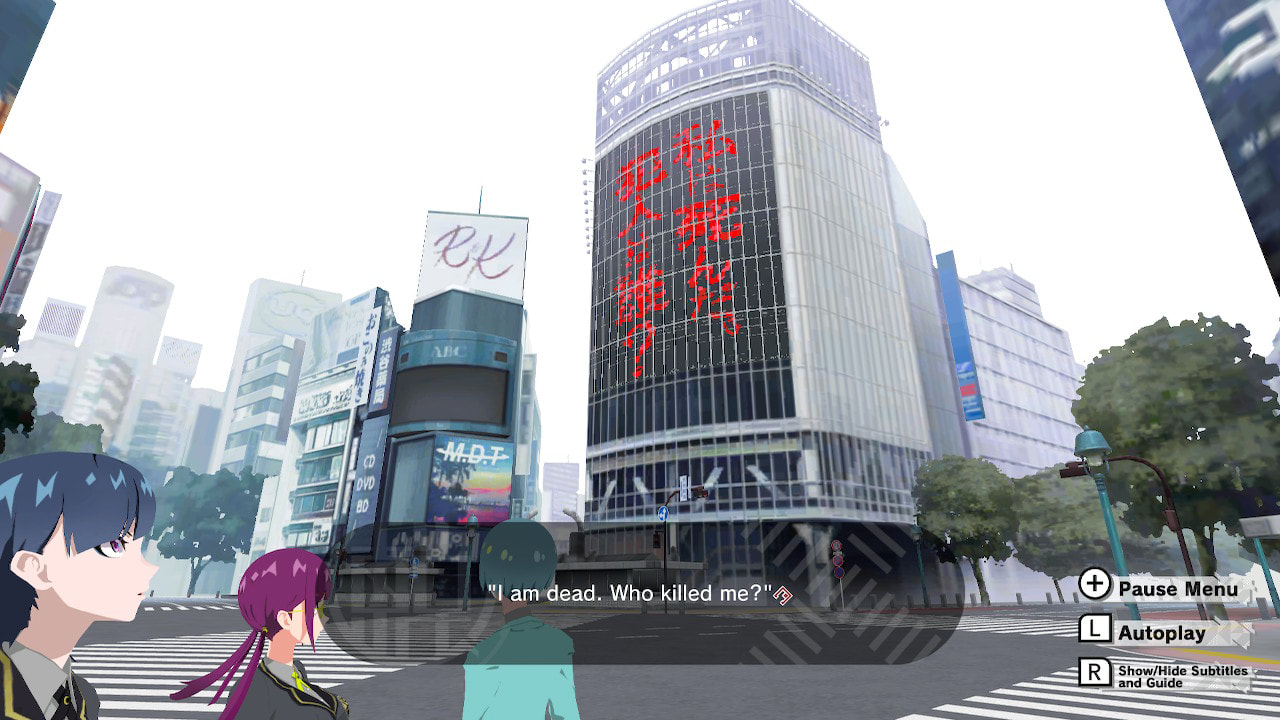
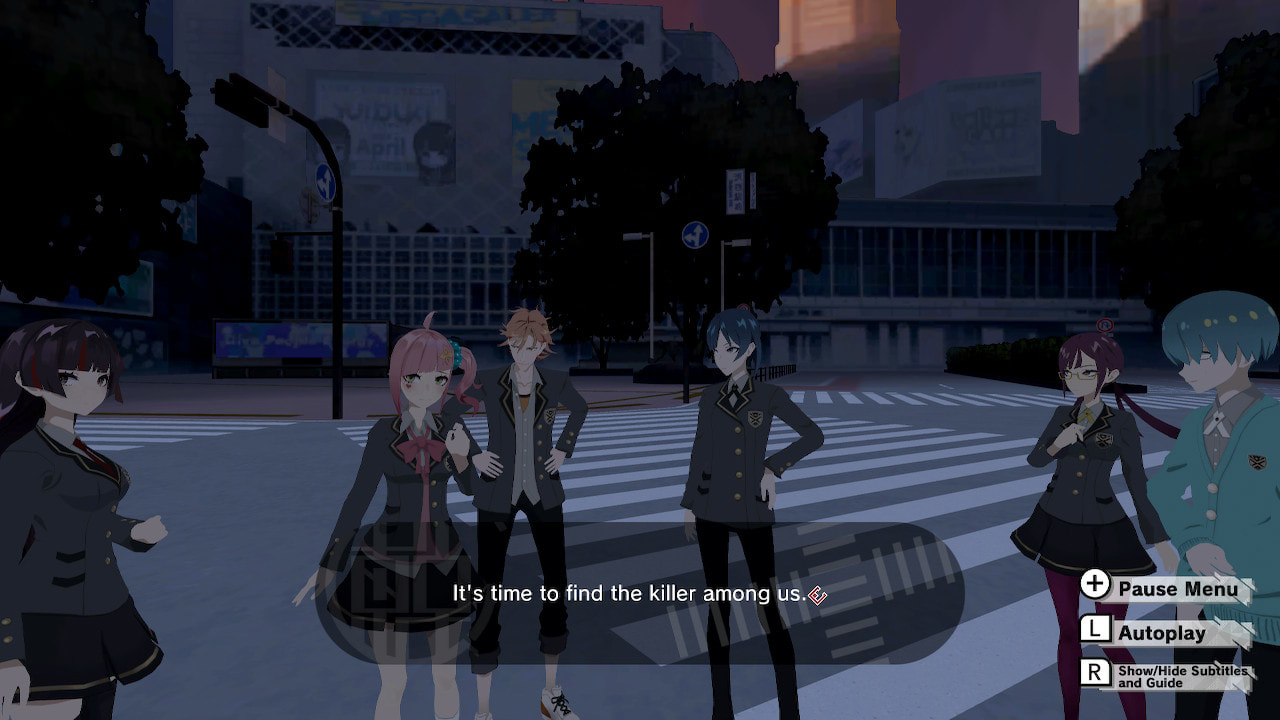
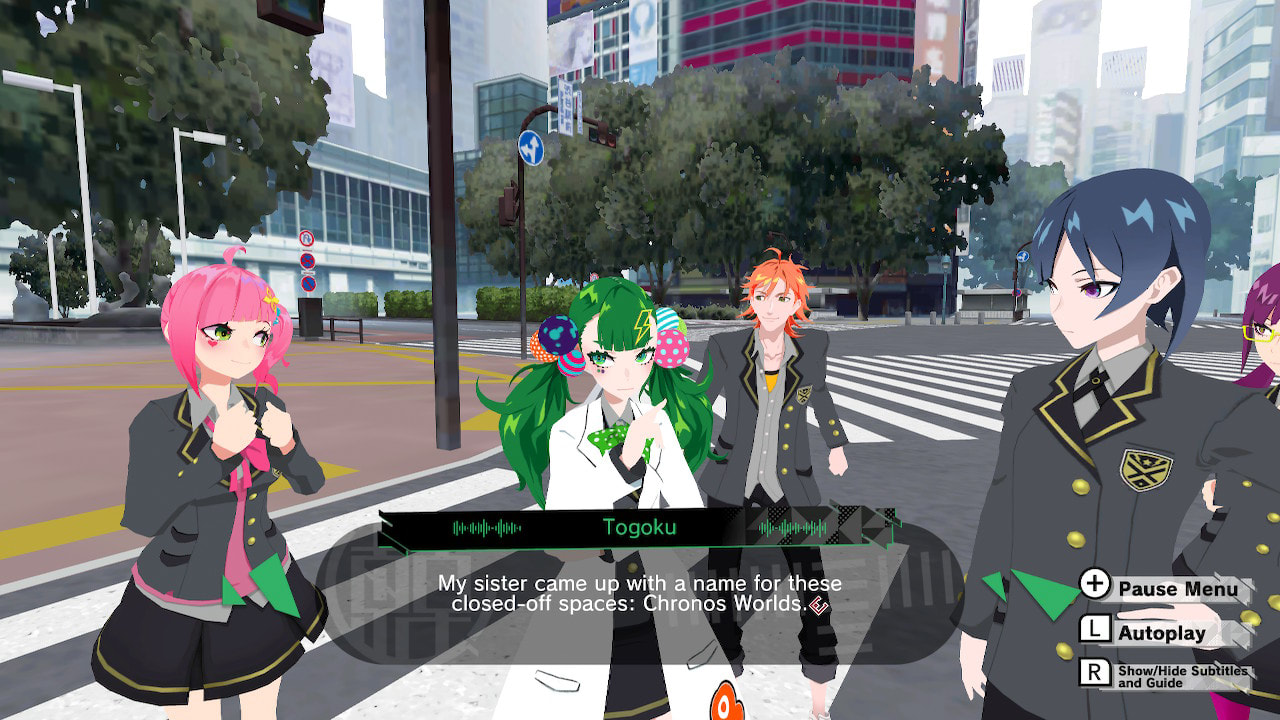
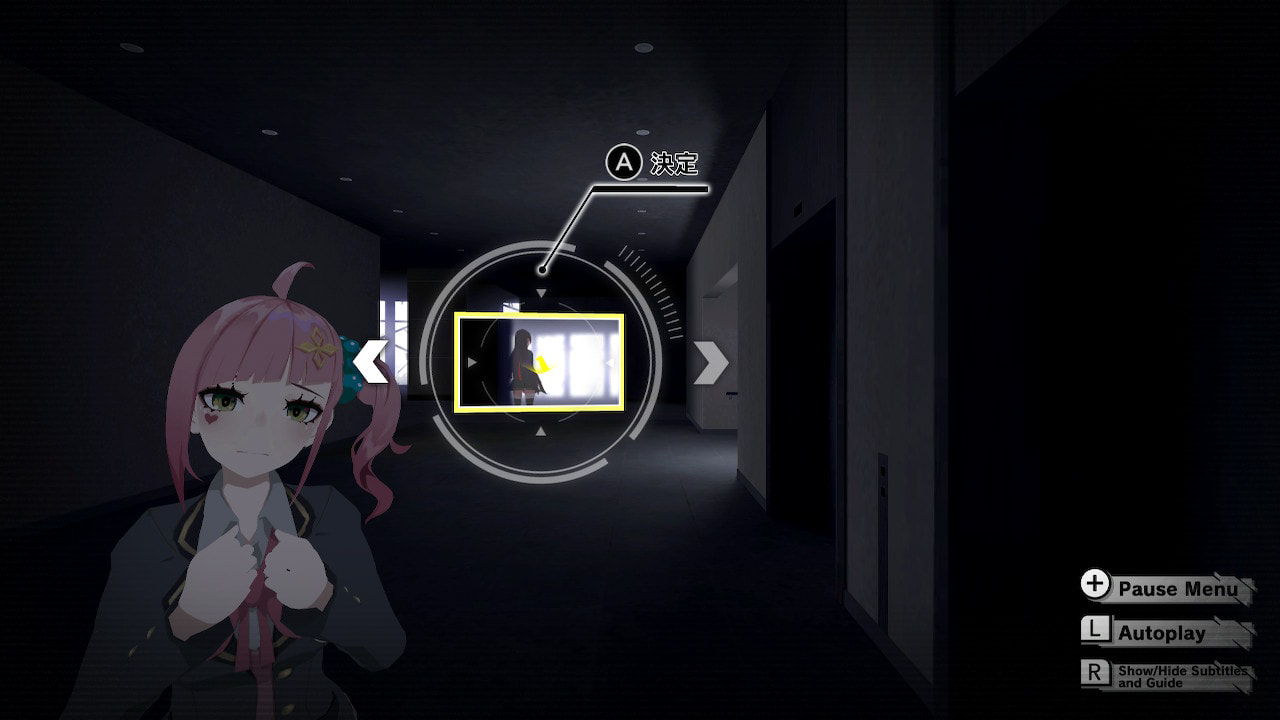
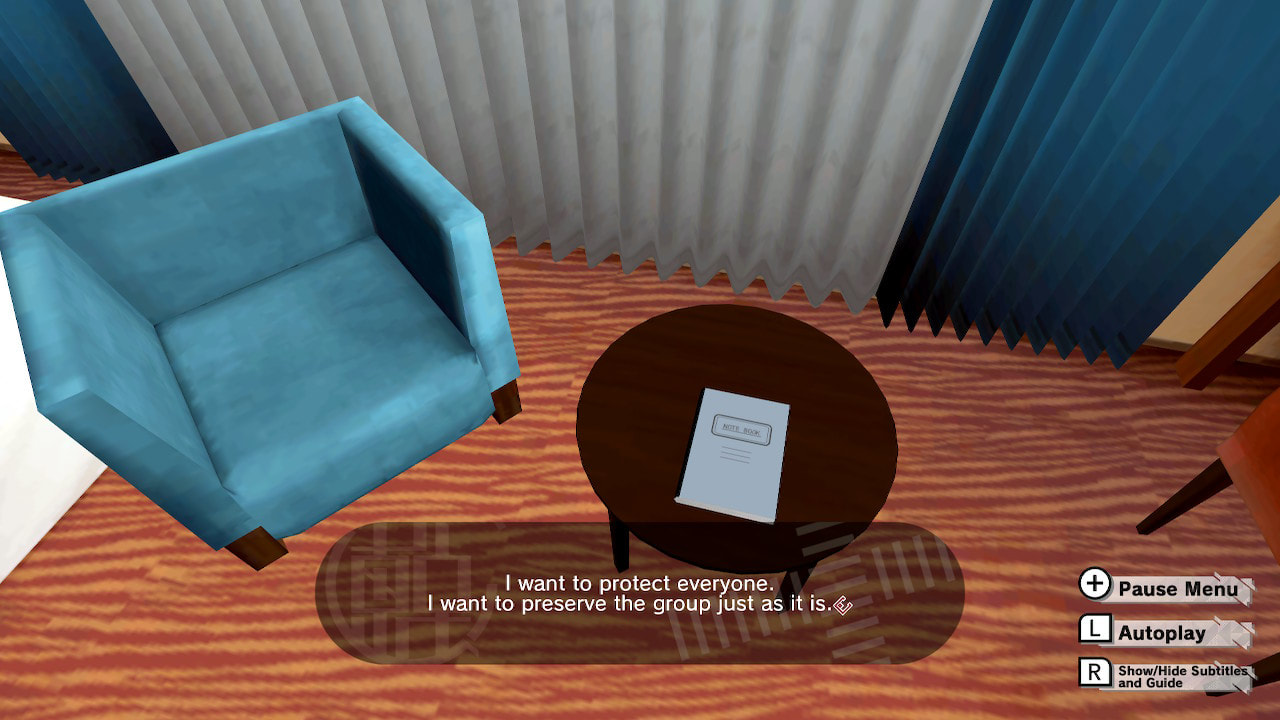
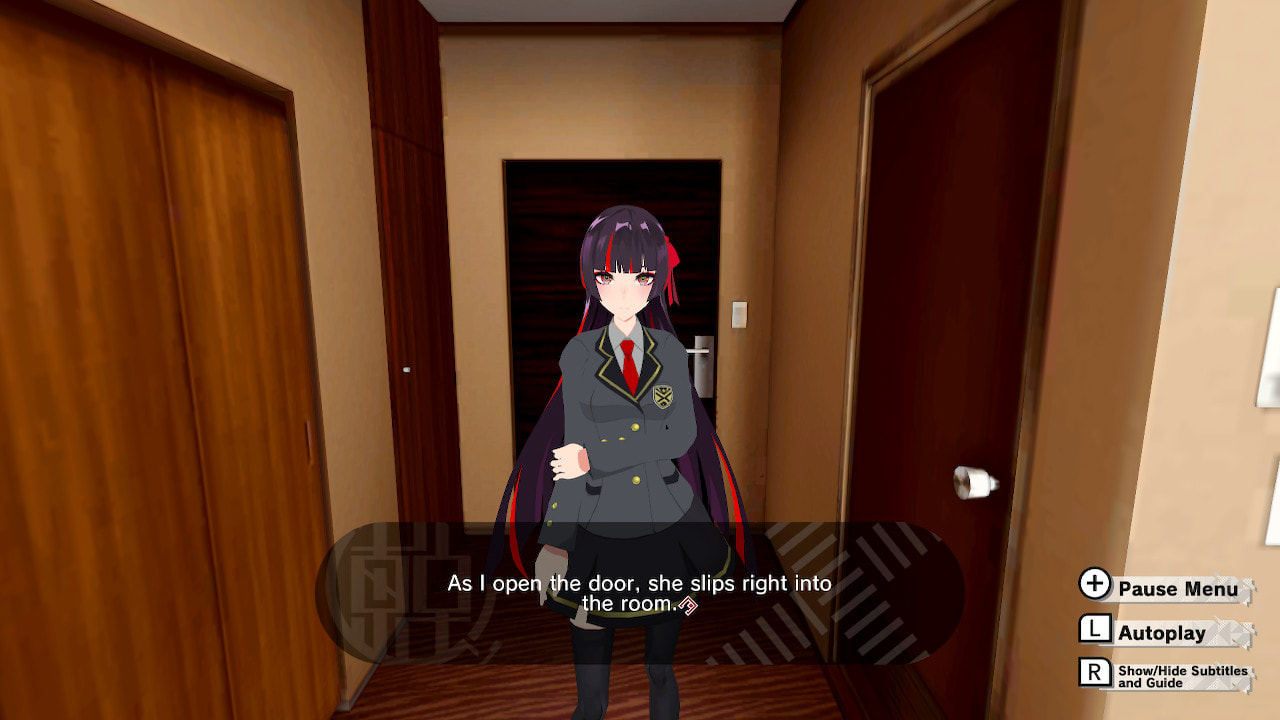
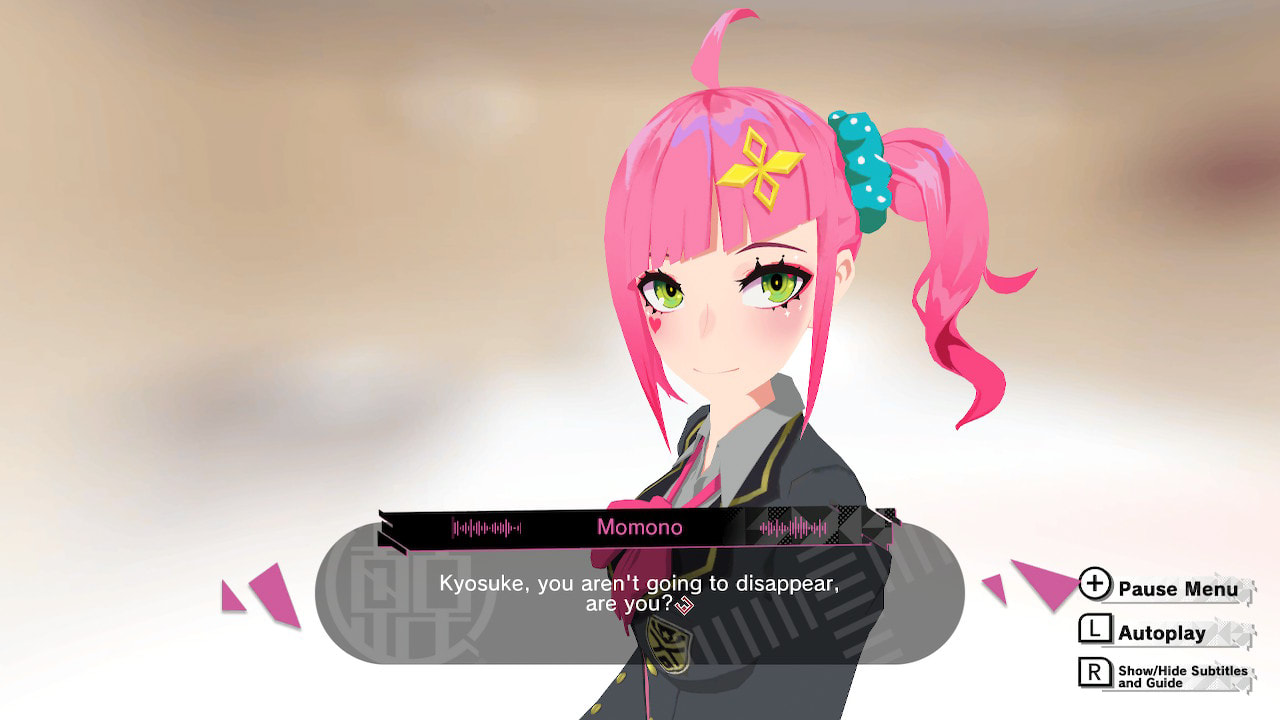
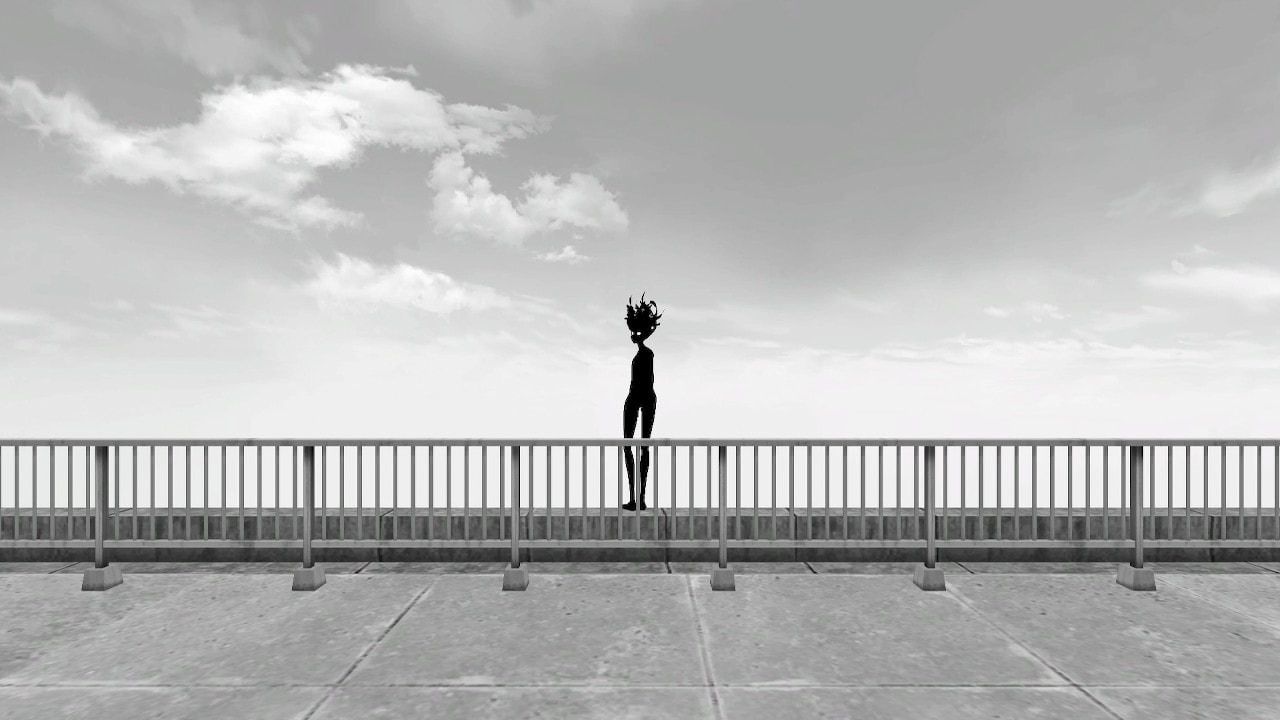
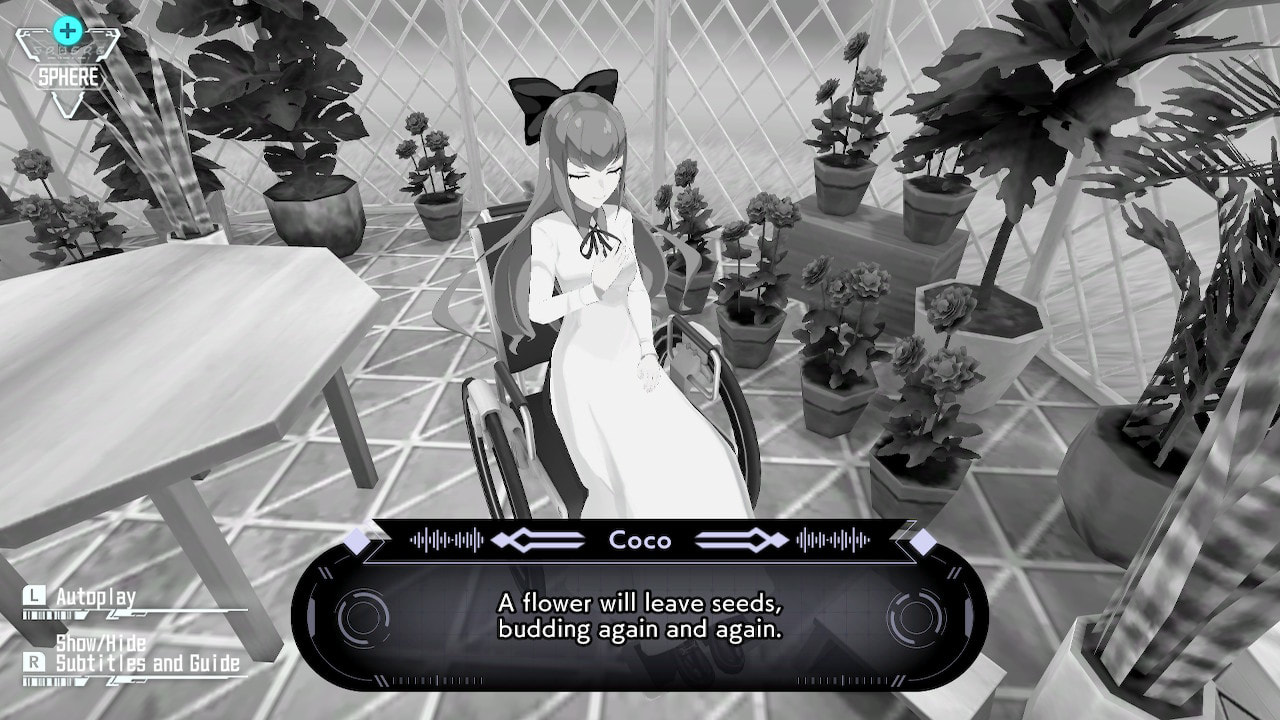
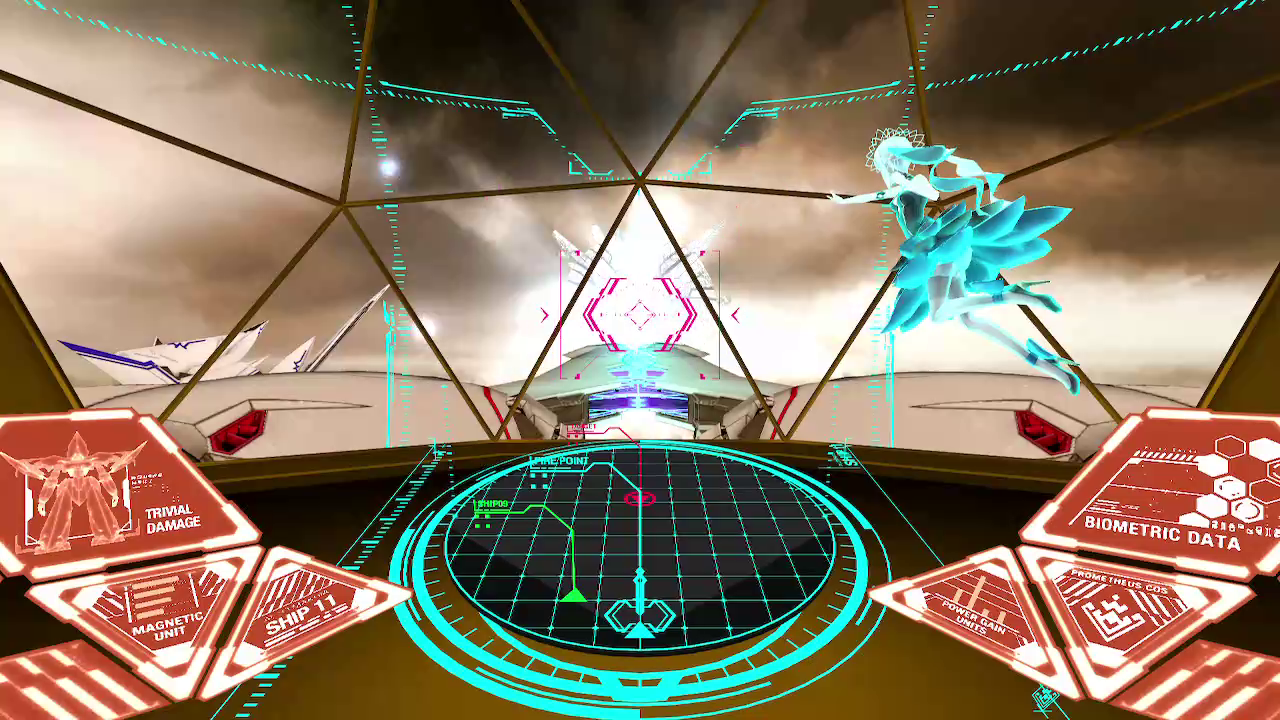
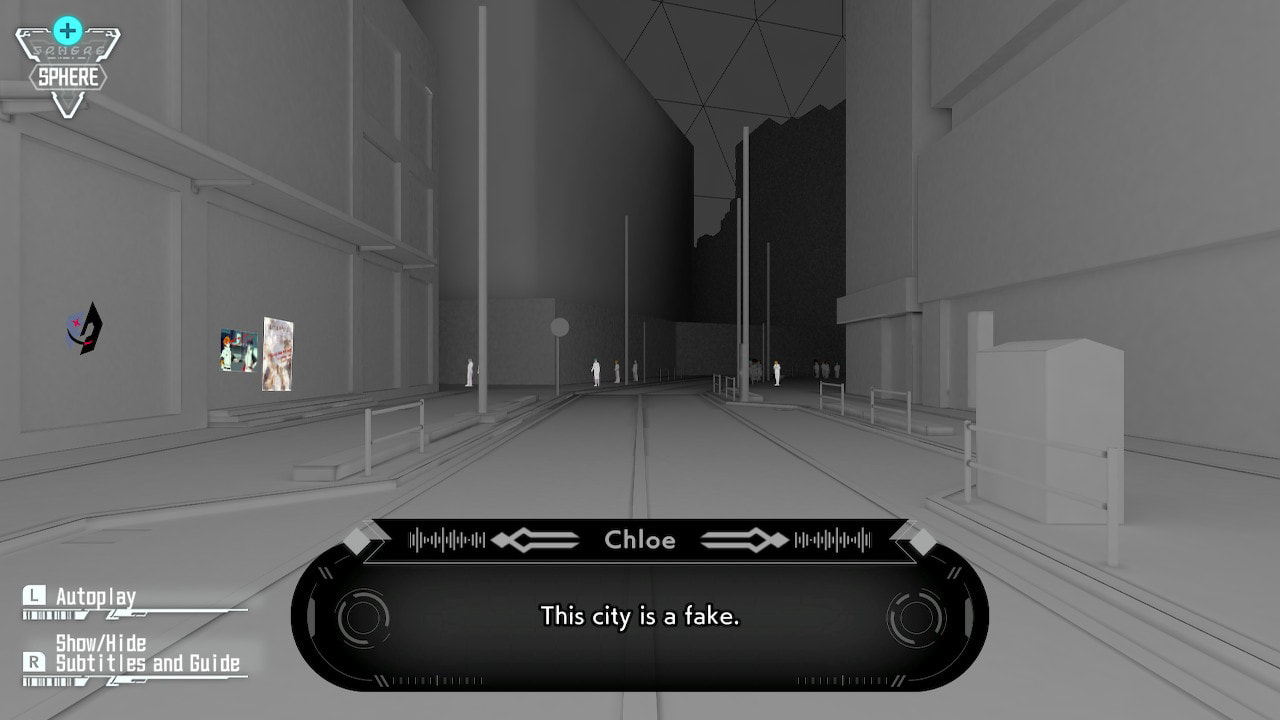
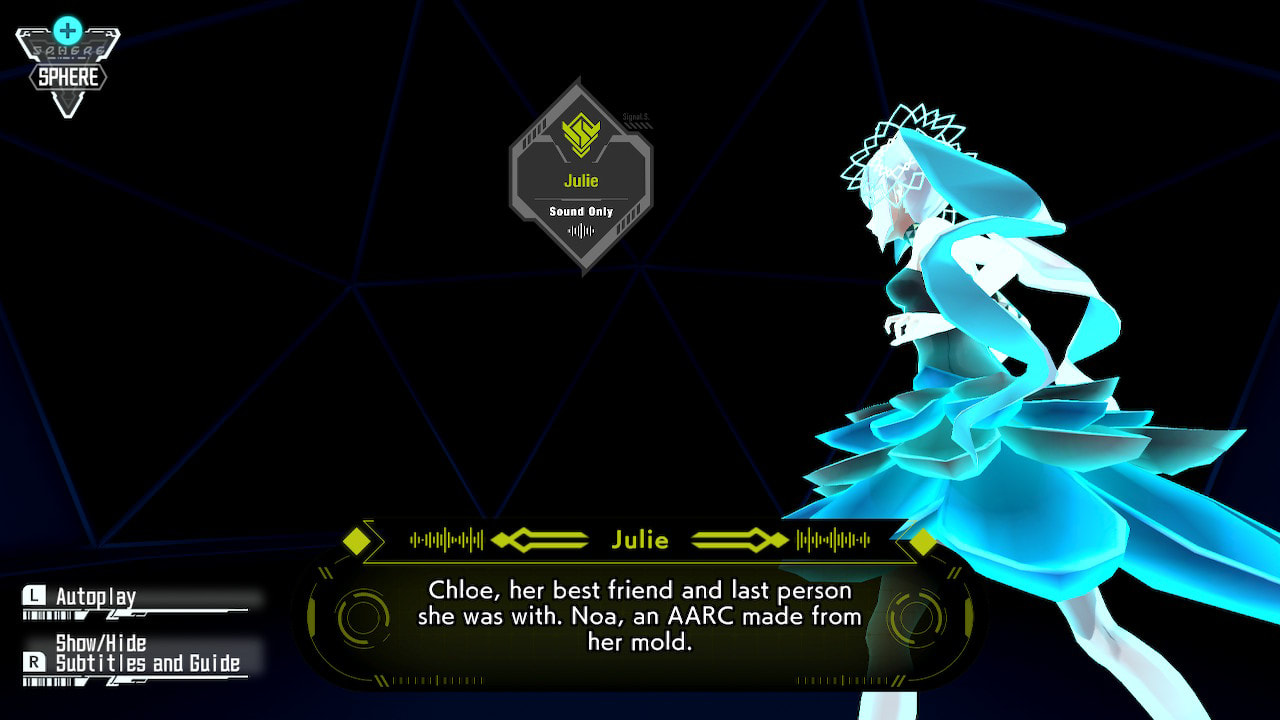
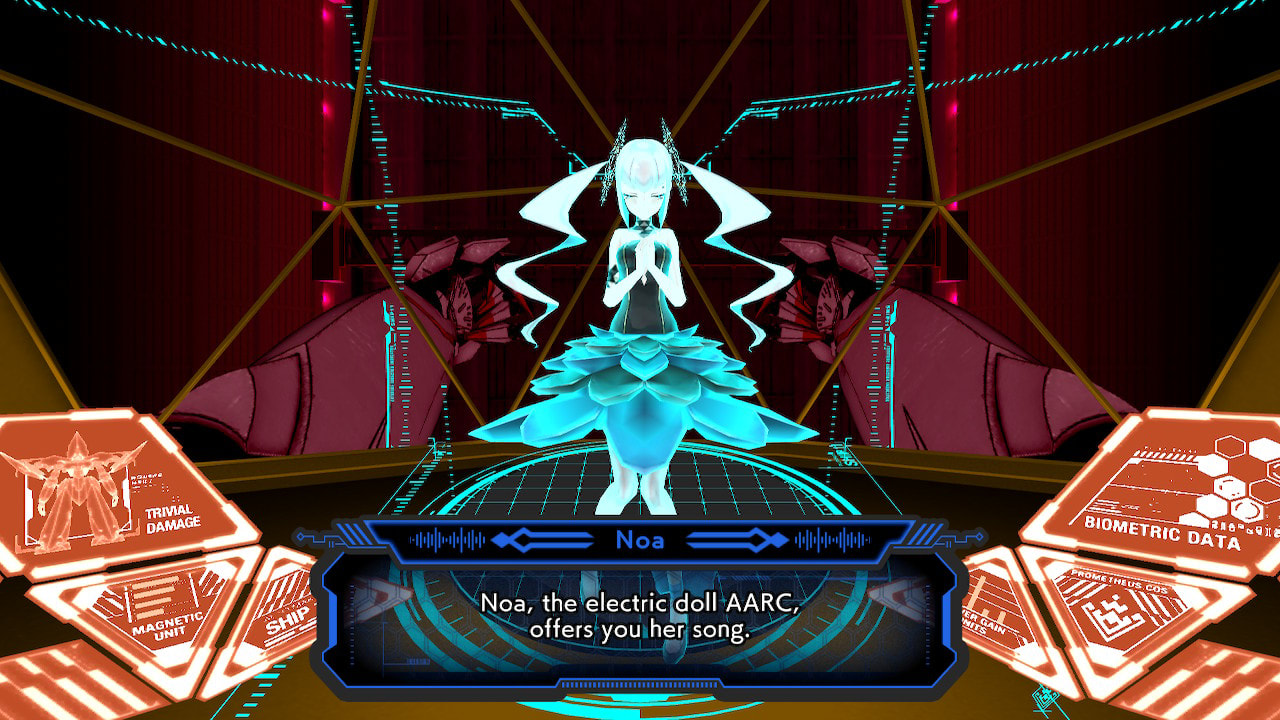
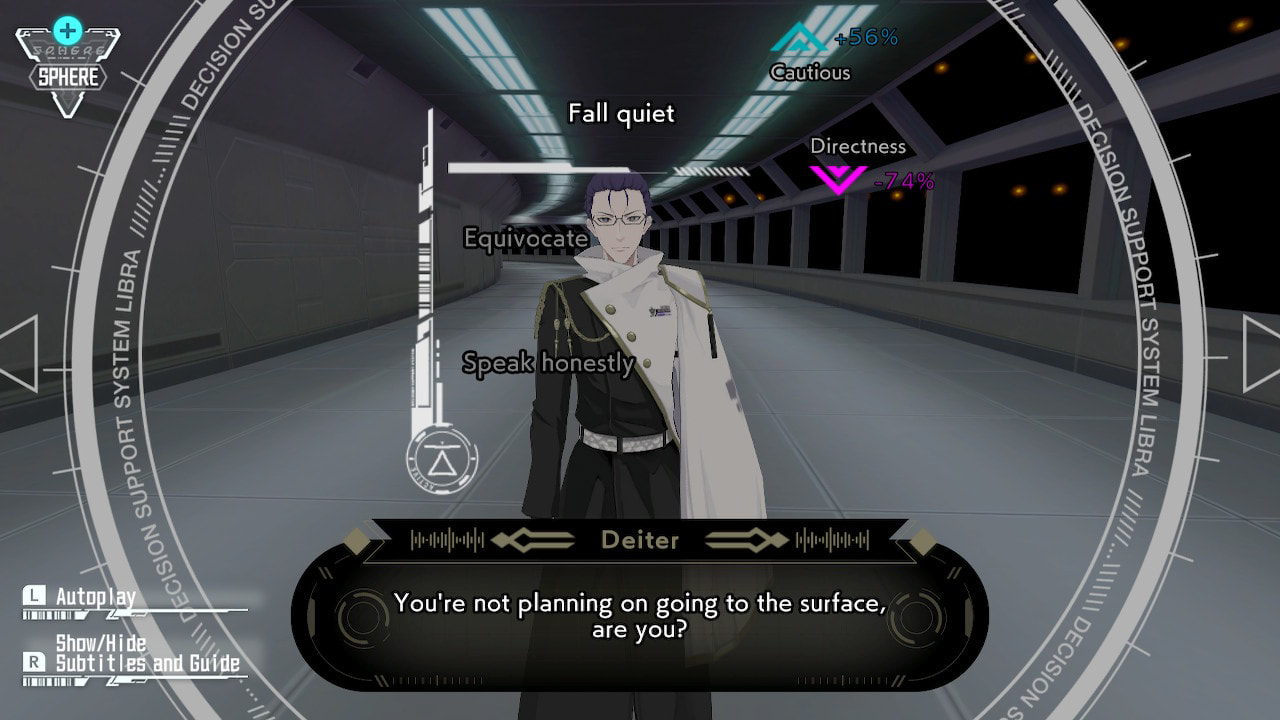
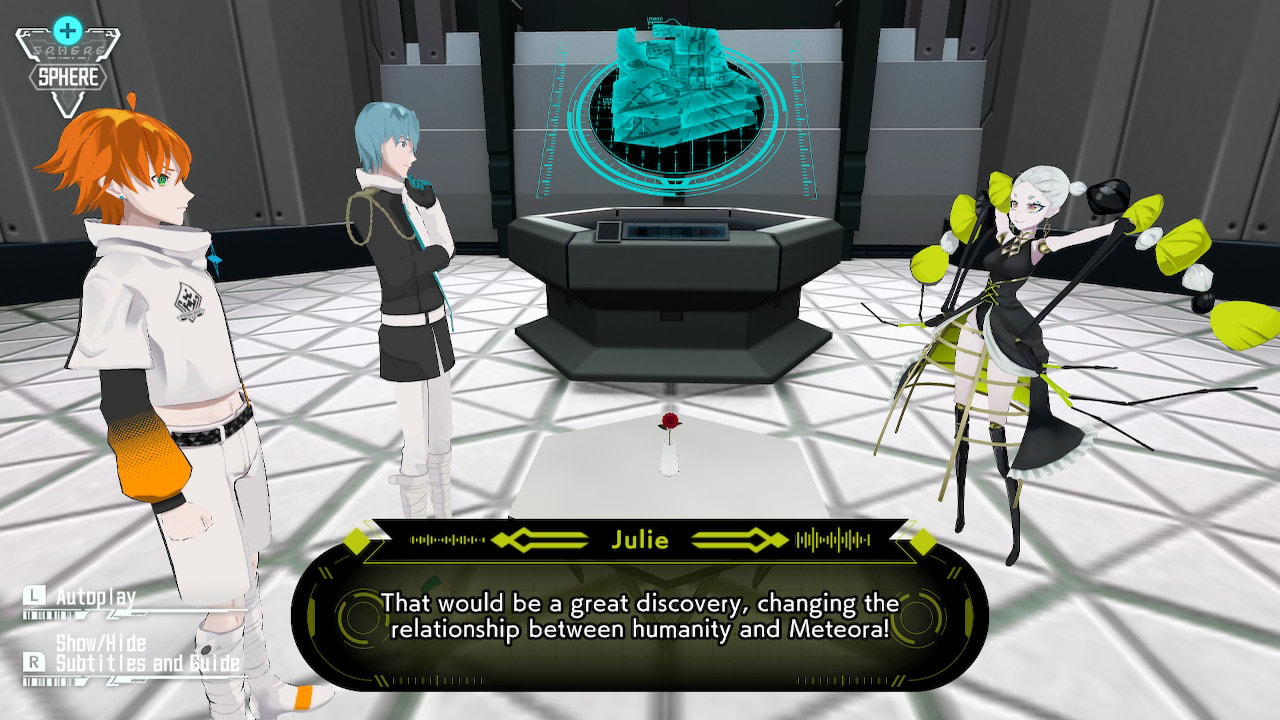
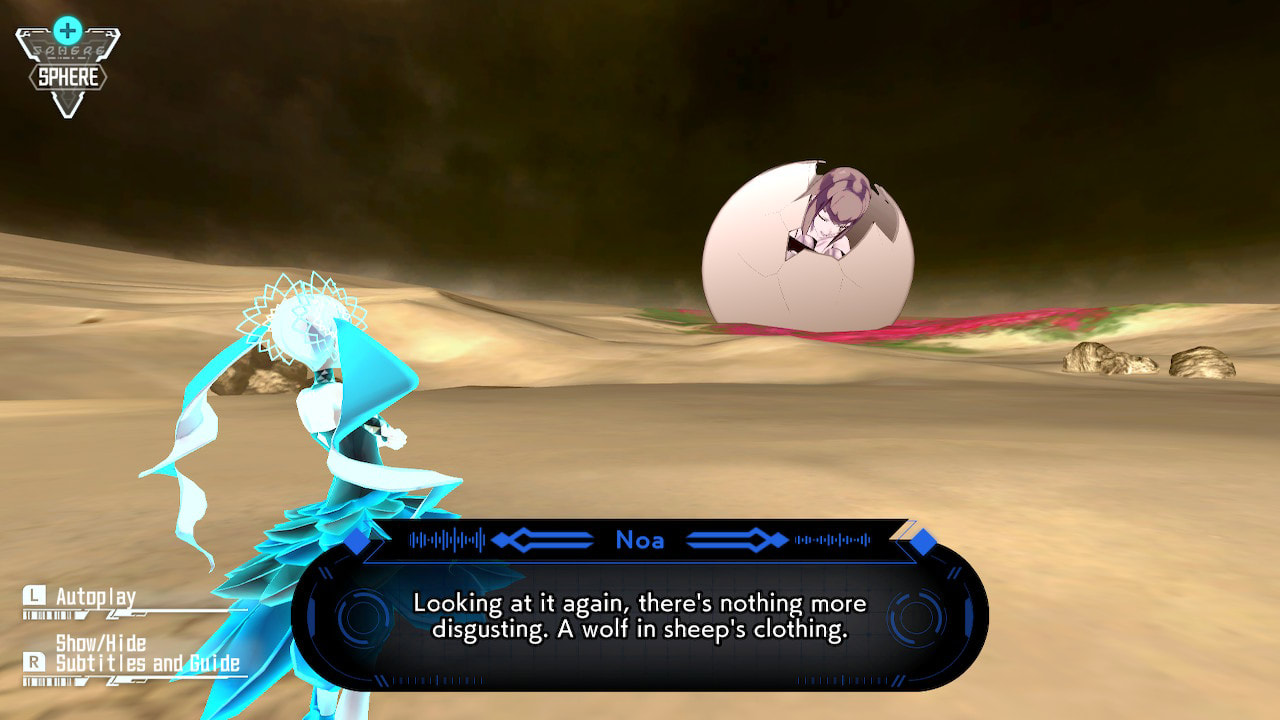
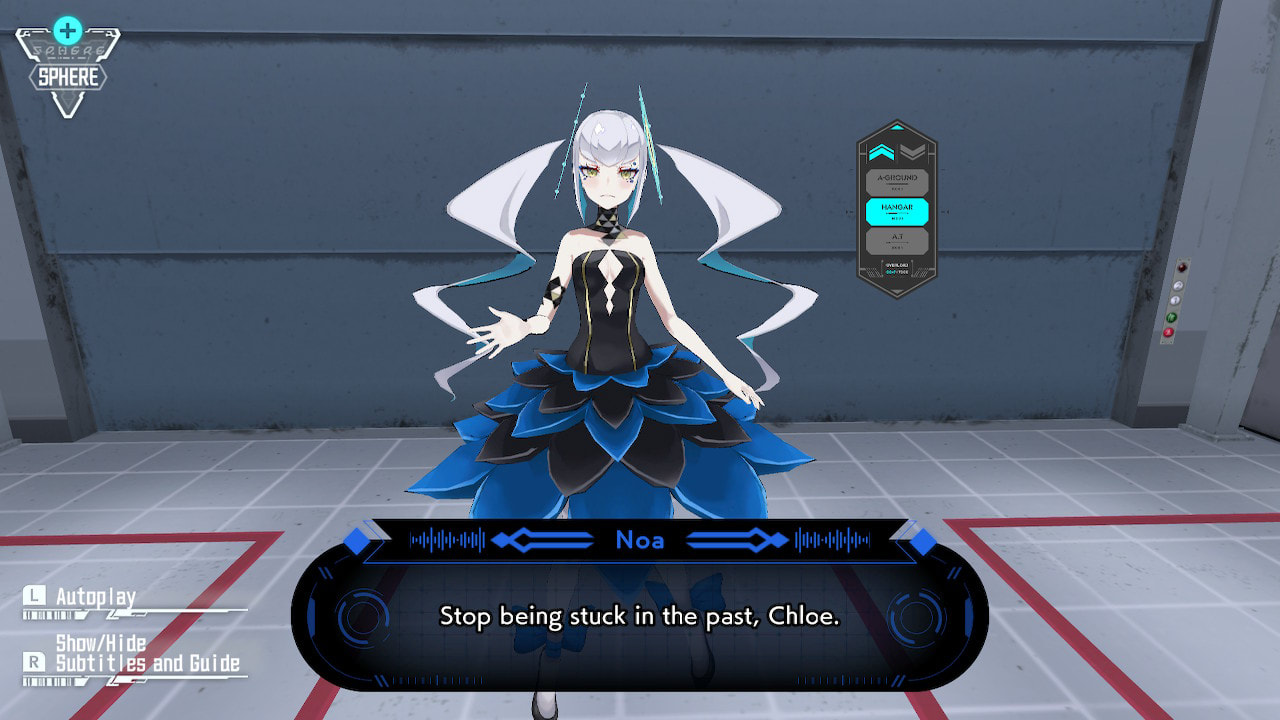
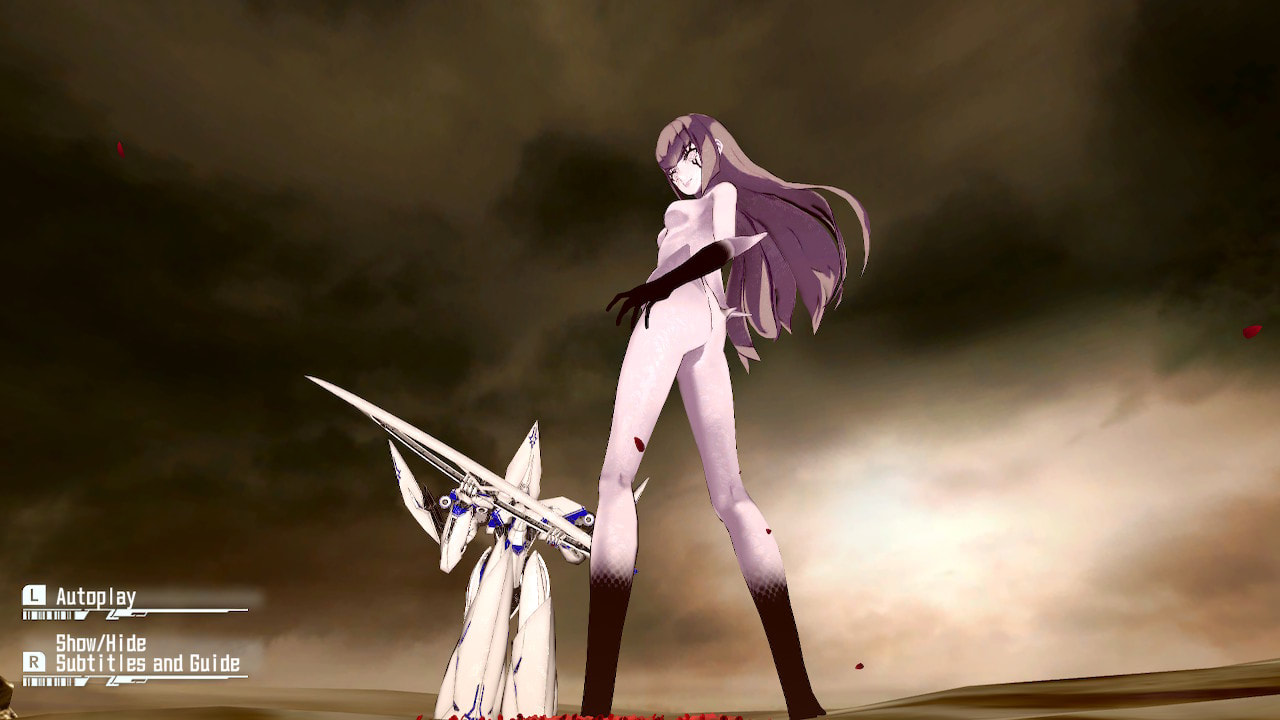
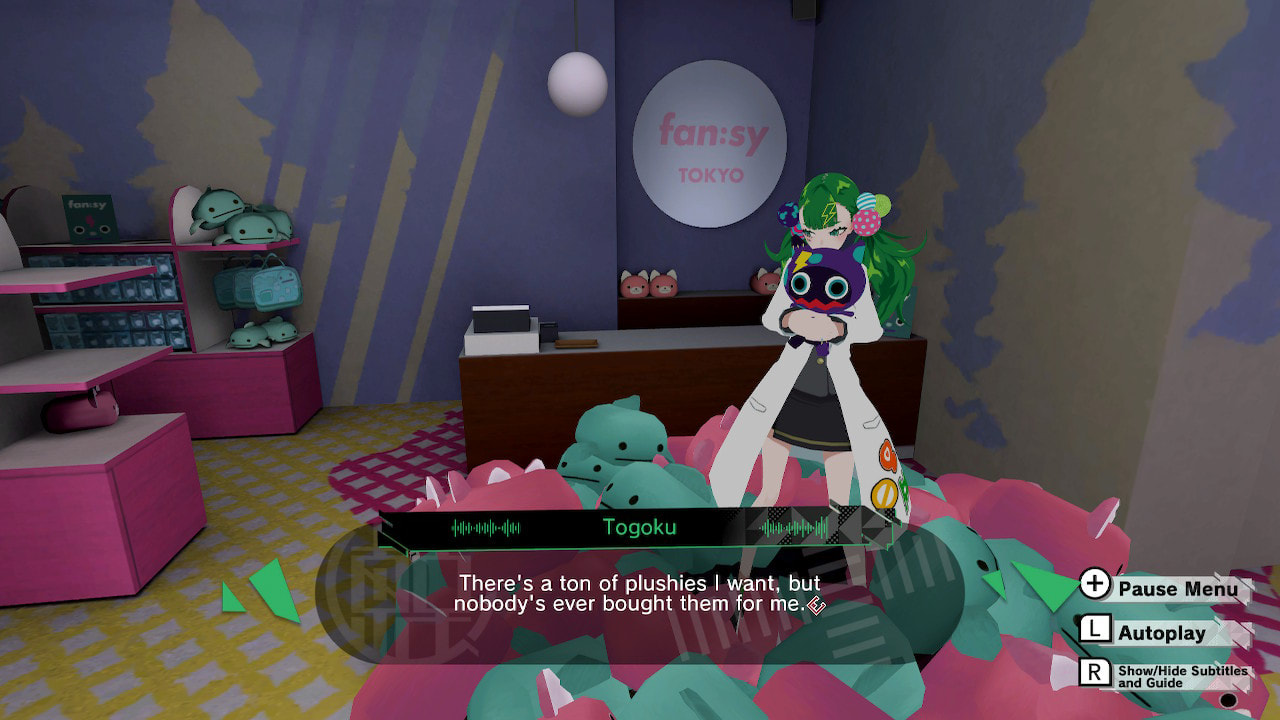
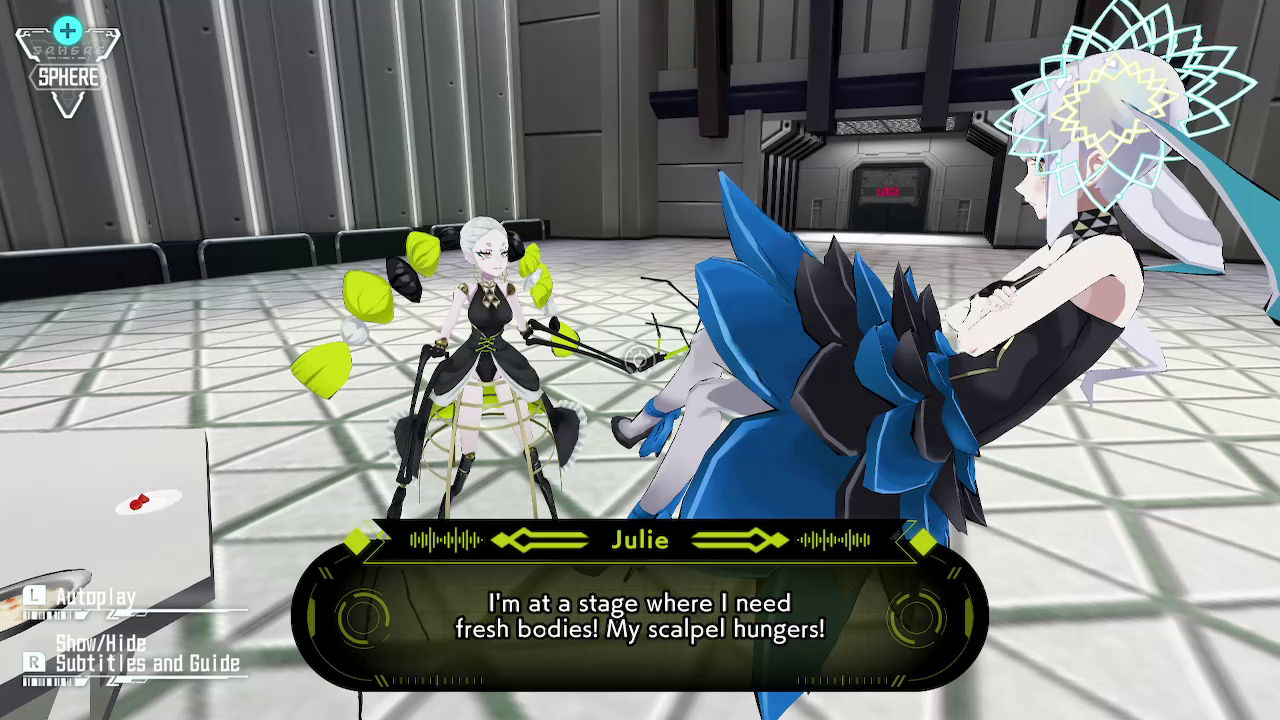

 RSS Feed
RSS Feed